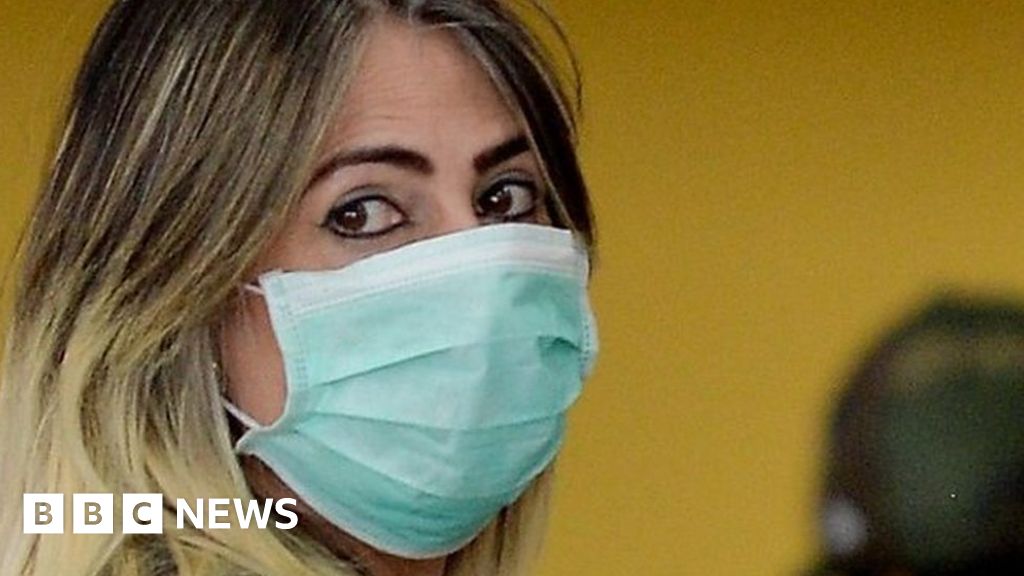Northerner
Admin (Retired)
- Relationship to Diabetes
- Type 1
As coronavirus began spreading around the world at the start of 2020, in the UK there were weaknesses in the expert analysis of its likely impact, according to a BBC documentary.
"There is going to be a lot of criticism of the scientists - because it's easy to have hindsight.
"It's easy to say if only we'd done this a week earlier we'd have saved 5,000, 10,000, 15,000, 20,000 lives. But if you look at where we were in February, would you really have made these decisions any differently? I don't think you would have."
Those are the words of Prof Calum Semple of the University of Liverpool, one of the key scientists advising the government on Covid-19.
Ever since the novel coronavirus arrived in the UK, ministers have repeatedly said they were "following the science".
But the UK has ended up with one of the worst death rates in the world - coronavirus has killed more than 50,000 people so far.
So how good was the scientific evidence provided in the run-up to lockdown?

"There is going to be a lot of criticism of the scientists - because it's easy to have hindsight.
"It's easy to say if only we'd done this a week earlier we'd have saved 5,000, 10,000, 15,000, 20,000 lives. But if you look at where we were in February, would you really have made these decisions any differently? I don't think you would have."
Those are the words of Prof Calum Semple of the University of Liverpool, one of the key scientists advising the government on Covid-19.
Ever since the novel coronavirus arrived in the UK, ministers have repeatedly said they were "following the science".
But the UK has ended up with one of the worst death rates in the world - coronavirus has killed more than 50,000 people so far.
So how good was the scientific evidence provided in the run-up to lockdown?

Was the scientific advice for lockdown flawed?
A BBC documentary highlights weaknesses in the expert analysis of the likely impact of coronavirus.
www.bbc.co.uk
